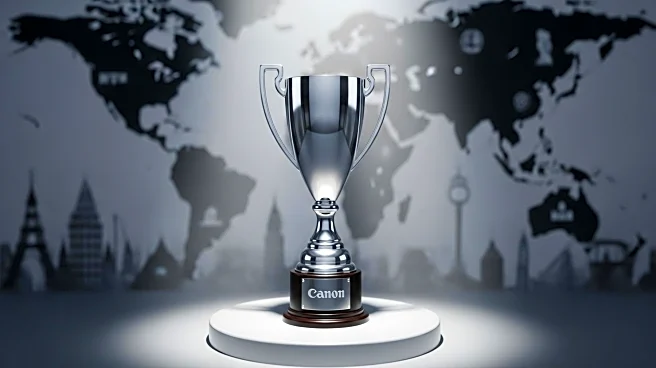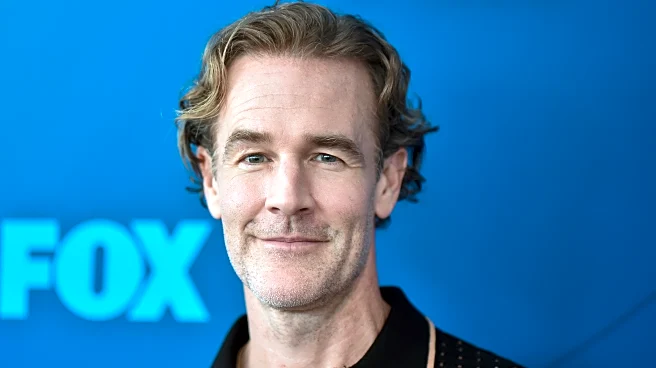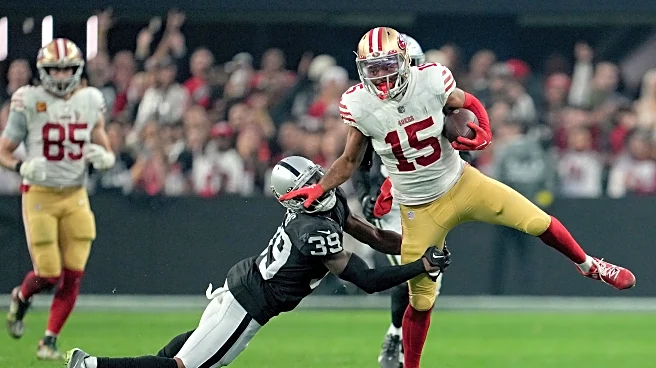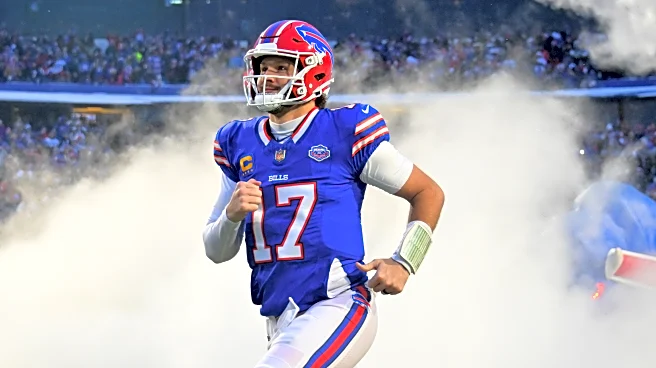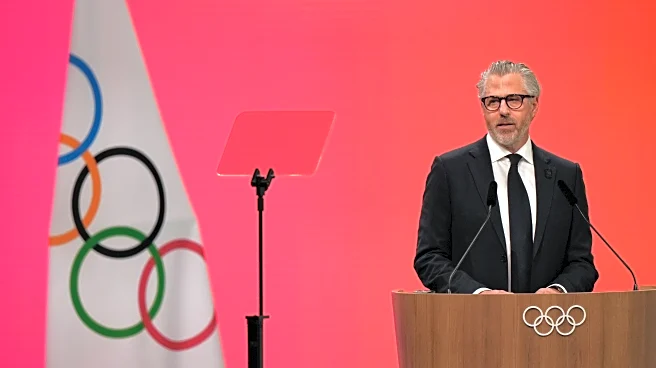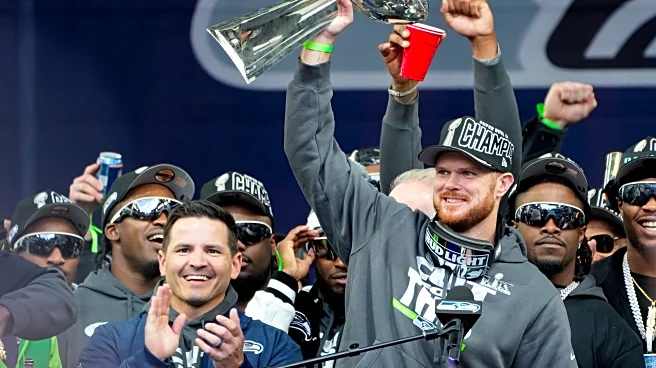What is the story about?
What's Happening?
Destinations around the world are increasingly utilizing the celebrity appeal of top athletes to promote sports tourism. This strategy involves leveraging the fame of sports icons such as Cristiano Ronaldo, Lionel Messi, and Usain Bolt to enhance the global reputation of countries like Saudi Arabia and Jamaica. Sports tourism currently accounts for approximately 10% of global tourism spending, amounting to around €600 billion. Saudi Arabia, for instance, has engaged Ronaldo and Messi in high-profile campaigns to attract tourists by highlighting the country's diverse attractions. Similarly, Jamaica uses Usain Bolt's global recognition to promote its vibrant culture and landscapes. This trend is not limited to individual countries; it is a global phenomenon with significant economic implications.
Why It's Important?
The use of athletes as ambassadors for sports tourism has significant economic and cultural implications. By associating with globally recognized sports figures, destinations can attract a broader audience, thereby boosting tourism revenue. This approach not only enhances the visibility of the host countries but also contributes to their cultural branding. The economic impact is substantial, with sports tourism projected to reach $1.3 trillion by 2032. Moreover, the emotional connection that athletes can create with fans offers a unique marketing advantage that traditional advertising cannot match. This strategy is particularly effective in maintaining a destination's prominence long after major sporting events have concluded.
What's Next?
As sports tourism continues to grow, destinations are likely to further invest in partnerships with athletes to tap into new markets and sustain tourism growth. The upcoming 2026 FIFA World Cup, hosted across the United States, Canada, and Mexico, presents a significant opportunity for long-term tourism development. Additionally, the integration of digital and social media campaigns will become increasingly important, allowing destinations to engage with potential tourists in more authentic and interactive ways. This trend suggests a shift towards more personalized and story-driven marketing strategies in the tourism industry.
Beyond the Headlines
The reliance on athletes for tourism promotion raises questions about the sustainability and ethical implications of such endorsements. While these campaigns can be costly, ranging from €300,000 to over €1 million, they offer a unique opportunity to connect with audiences on an emotional level. However, the effectiveness of these investments in the long term remains a topic of debate. Furthermore, the cultural impact of associating national identity with sports figures could influence how destinations are perceived globally, potentially reshaping cultural narratives and tourism strategies.
